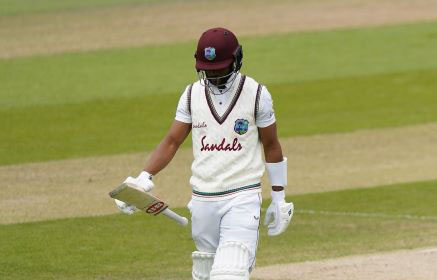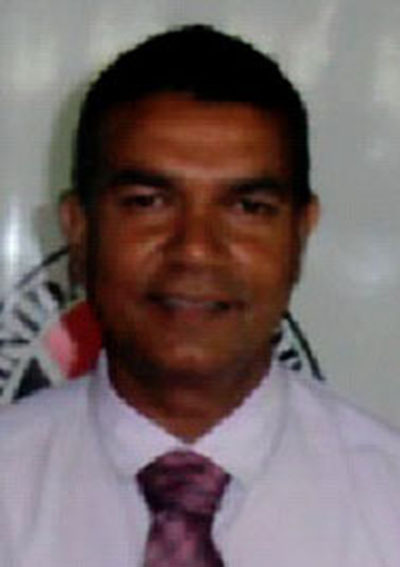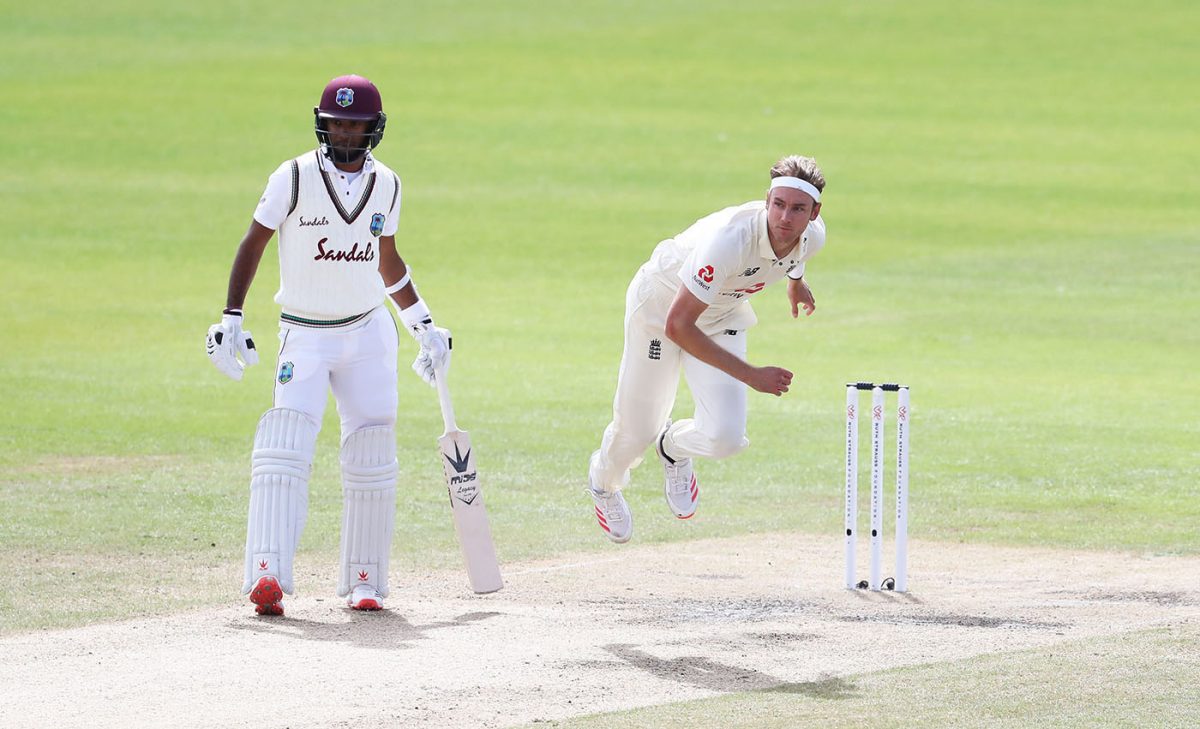BRIDGETOWN, Barbados, CMC – Former Test batsman Suruj Ragoonath believes there were inflated expectations of the West Indies on their recent England tour, and has argued that the Caribbean side’s batting on which so much depended, always lacked the skill and temperament to survive in seamer-friendly English conditions.
The 52-year-old Trinidadian said nothing in the West Indies team’s batting averages prior to the series suggested any other performance than what was eventually produced, and contended that the poor batting effort was merely a reflection of what was taking place at the first-class level in the Caribbean.

“I’m very realistic about expectations. The result of the series is not surprising to me. It is actually what I anticipated. In fact, they probably exceeded my expectations in winning one of the Test matches,” Ragoonath, whose only two Tests came on Australia’s 1999 tour of the Caribbean, told the Mason and Guests radio cricket show here.
“Once the ball is doing anything [in English conditions] our batsmen will struggle and that is

exactly what happened and poor techniques were exposed. I don’t think this is a case of a coach correcting this overnight, these are ingrained batting deficiencies in our regional players. This is not something that is new.
“Look at the careers of these players and their modes of dismissal and you will realise that our batsmen have a deficiency that results in a lot of them being lbw and bowled and the English bowlers exploited that quite expertly. It was nothing surprising really.”
West Indies won the first Test at Southampton by four wickets but then were awful with the bat in the next two Tests to lose heavily, and concede the three-match series while surrendering the coveted Wisden Trophy.
Jermaine Blackwood, returning to the Test side for the first time in nearly three years, and rookie Shamarh Brooks, were the only two to get their averages above 30. However, the likes of seasoned opener Kraigg Brathwaite could only average 29 while Roston Chase averaged 26.
Shai Hope, with two hundreds at Leeds in his last tour of England in 2017, averaged 17 while left-handed opener John Campbell returned an average of 16.
Ragoonath argued West Indies’ batsmen had not excelled prior to the England tour and once they encountered difficult conditions, they had been guaranteed to further struggle.
“Even before they had gone to England, look at the averages of the batsmen and they have never really lit the world on fire,” said the former chief executive of the Trinidad and Tobago Cricket Board.
“They have had good moments and while I understand the optimism that the team would’ve done well, realistically when you look at those statistics … most of them hadn’t done well in England before except Shai Hope having one good Test match in England in 2017 when he scored those two centuries.
“The conditions were always going to be against us once the ball was moving around and you look at our batsmen and look at their records in regional cricket, not many of them average even 40 where the pitches are flat [and] the ball doesn’t do much.”
He continued: “It is a work in progress. They’re basically learning their trade on the job and to ask them to conquer the English in English conditions over a three-match period was asking, in my mind, too much.
“One would’ve expected a Test match here and there where they do well, where things click but that was absolutely dependent on dismissing the English team for a very low score and hoping that our batsmen showed up and they did that in the first Test in the first innings, the one occasion we scored more than 300 runs in the series.
“Three of the six totals were just below 200 – that is a reflection of what we’re capable of. To ask our batsmen to score 350 and 400 runs in English conditions on a consistent basis in a series to win matches is being unrealistic and I think that goes back to what is happening in our regional cricket.”
However, Ragoonath cautioned against any drastic changes, stressing the players needed the support of everyone.
“I don’t see this as something to be making any knee jerk reactions and looking for changes because what are you going to replace them with?” he queried.
“And the technical team, you’ve got to give the guys some time as well – you can only work with what you have and in the circumstances there was limited time to work on these guys so we need to give everybody a chance. And we have to back them and stick with them.”

